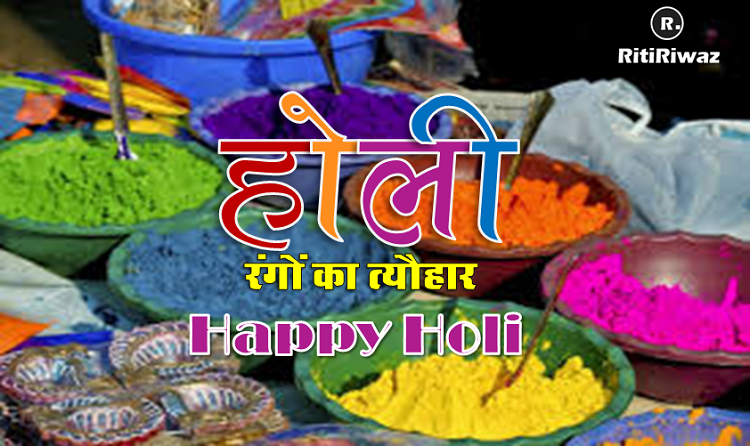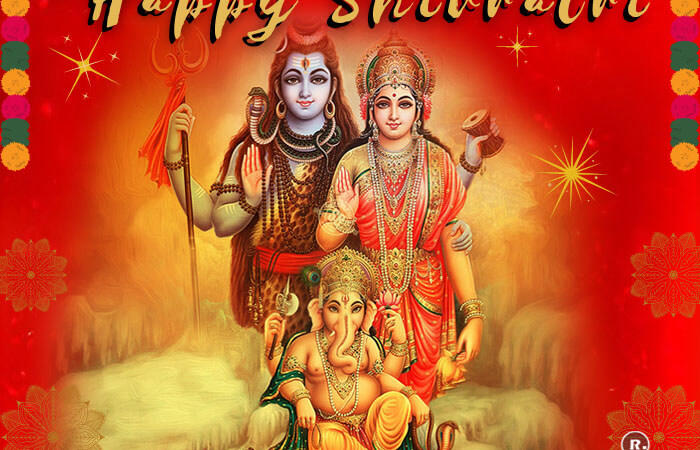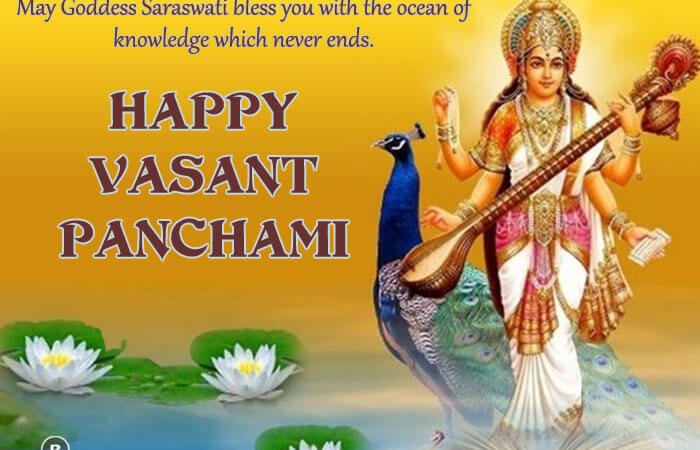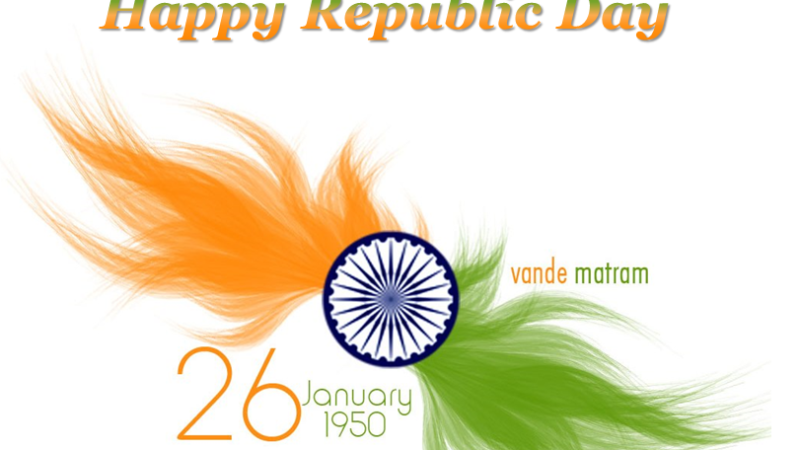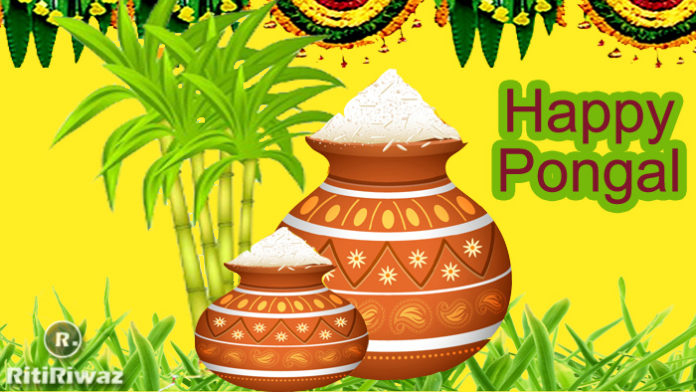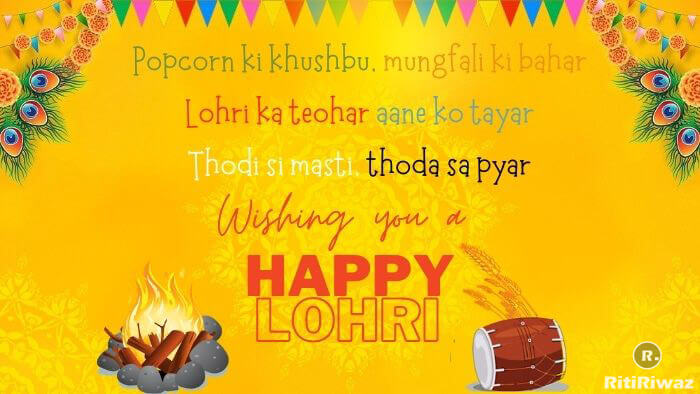Makar Sankranti
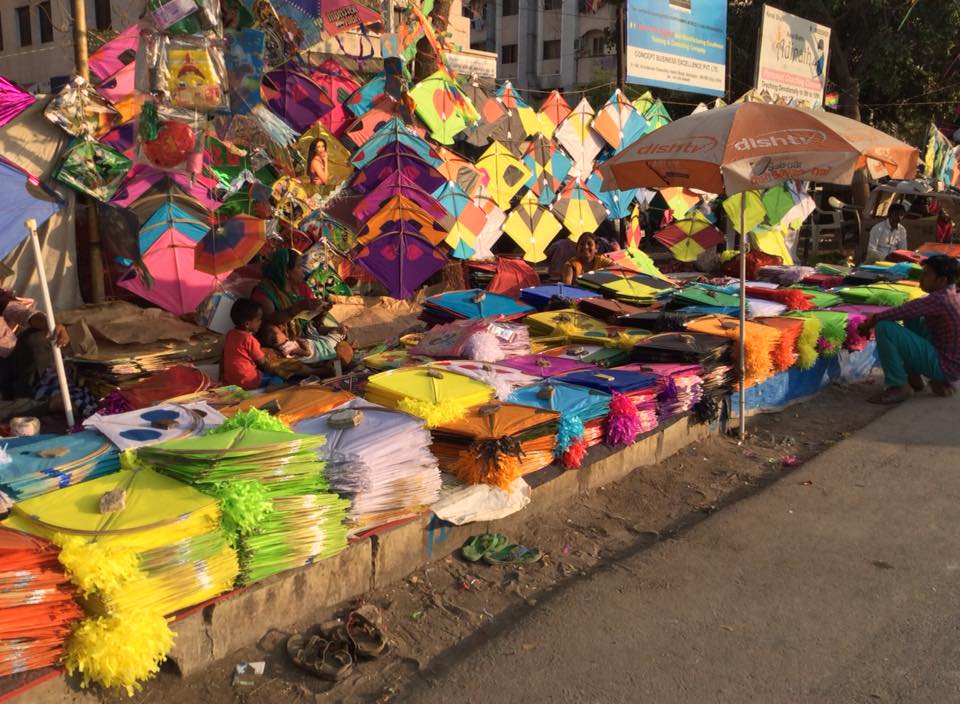
Makar means Capricorn and Sankranti is the transition. This is significant considering the Winter Solstice, as it marks the end of winter solstice month and the beginning of an increase in the duration of the day. However, the Sankranti festival usually refers to Makara Sankranti or the transition of the Sun from Dhanu Rashi (Sagittarius) to Makara Rashi (Capricorn). Sankranti in 2025 will be celebrated on, 14 January (Dates may vary). Makar Sankranti is celebrated in the Hindu Calendar month of Magha.
Sankranti is celebrated all over South Asia with some regional variations:
In India, it is known by different names and celebrated with different customs in different parts of the country.
-
Makar Sankranti or Sankranti – Uttar Pradesh, Bihar, Jharkhand, West Bengal, Orissa, Manipur, Maharashtra, Madhya Pradesh, Andhra Pradesh, Karnataka, and Goa.
-
Uttarayan – Gujarat, and Rajasthan.
-
Maghi – Haryana, Himachal Pradesh, and Punjab.
-
Pongal – Tamilnadu.
-
Makara Vilakku Festival – Sabarimala Temple.
In other countries too the day is celebrated under different names and in different ways:
-
In Nepal Tharu people – Maghi and Other people – Maghe Sankranti or Maghe Sankranti
-
In Thailand – Songkran
-
In Laos – Pi Ma Lao
-
In Myanmar – Thingyan
Makar Sankranti is one of the most auspicious days for the Hindus and is celebrated in almost all parts of India in myriad cultural forms, with great devotion. Millions of people take a dip in places like Ganga Sagar (the point where the river Ganga meets the Bay of Bengal) and Prayag and pray to the Sun God (Surya). It is celebrated with pomp in southern parts of India as Pongal, and in Punjab as Lohri and Maghi.
People follow spiritual practices like taking a holy dip in the sacred river Ganga, Yamuna, Krishna, Kaveri, and the Godavari. It is believed that bathing in holy rivers on this day will help you to get rid of past sins. People pray to the sun god for their success and prosperity. There is a cultural tradition of flying kites, bonfires, feasts, fairs, dancing, and singing. Sweets made of sesame (til) and jaggery are eaten, it is time for socializing, and enjoying each other company.
Kite Flying Festival
In the western Indian state of Gujarat, the celebrations are even bigger. People offer thousands of colorful oblations to the Sun in the form of beautiful kites. The act stands as a metaphor for reaching their beloved God, the one who represents the best. Makar Sankranthi also happens to be the day on which Bhishma, the grandsire of Pandavas and Kauravas from the epic Mahabharata voluntarily left his mortal coil. In the rural and coastal areas, cockfights are held and are a prominent event of the festival. It is celebrated differently in different regions of India.

